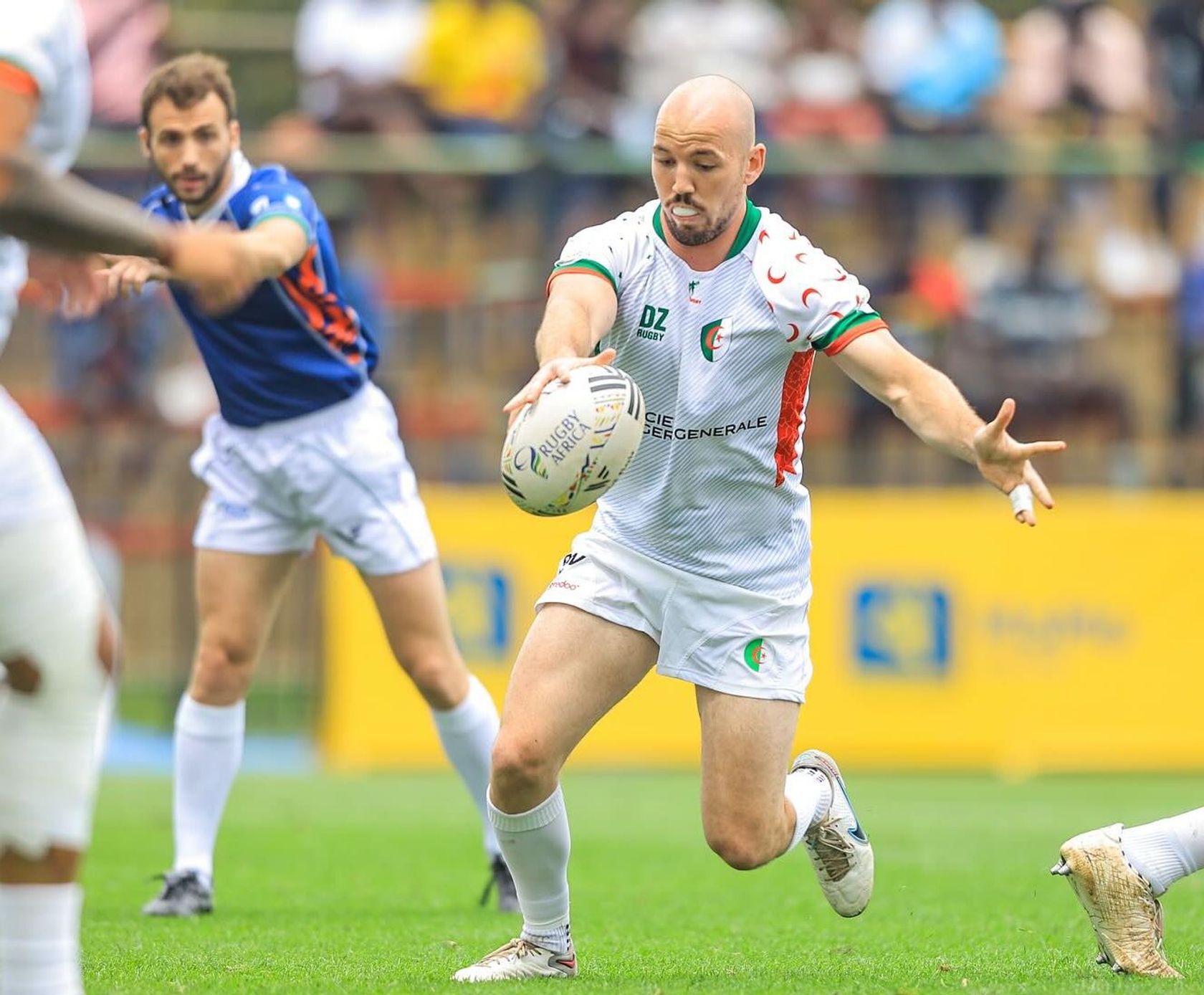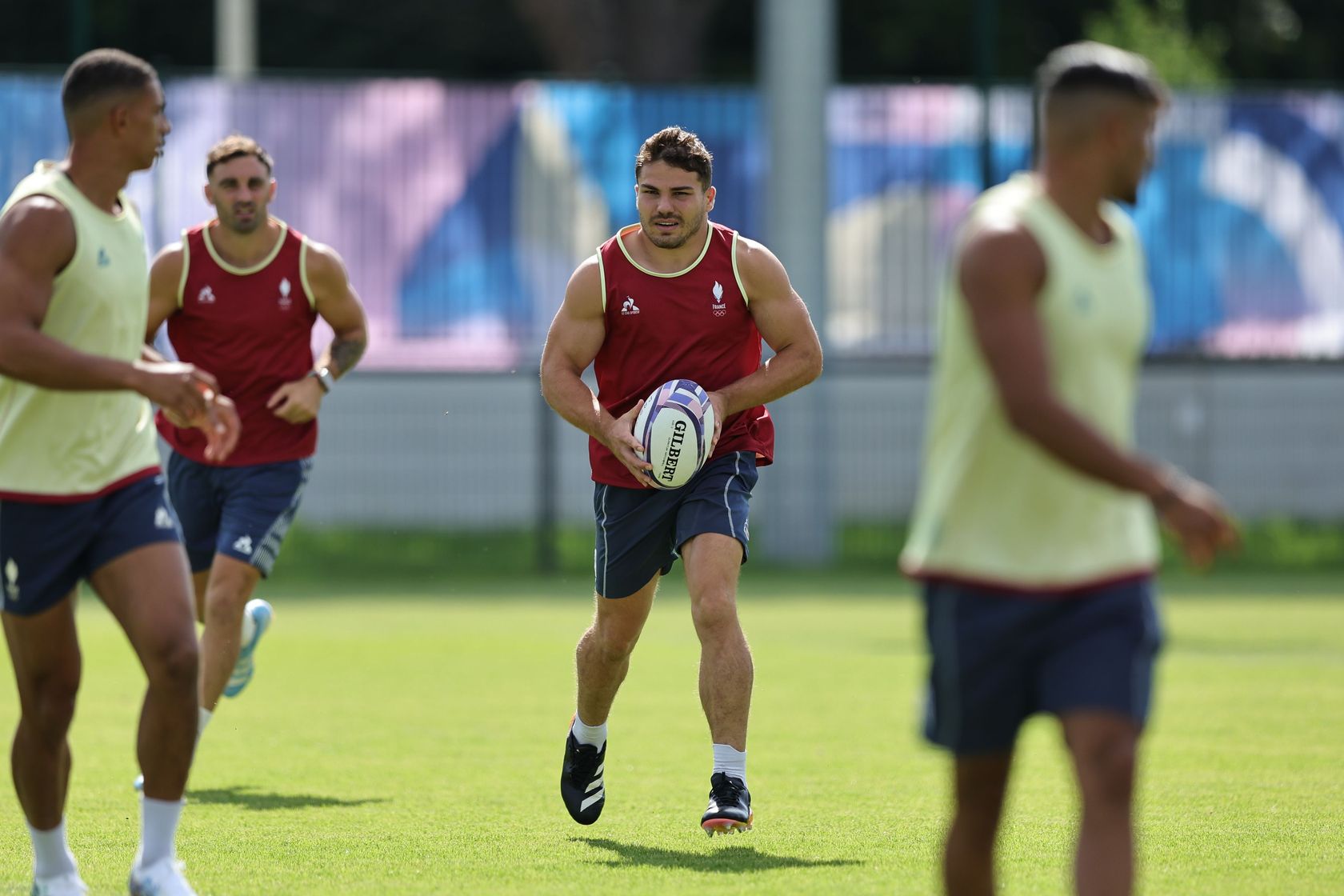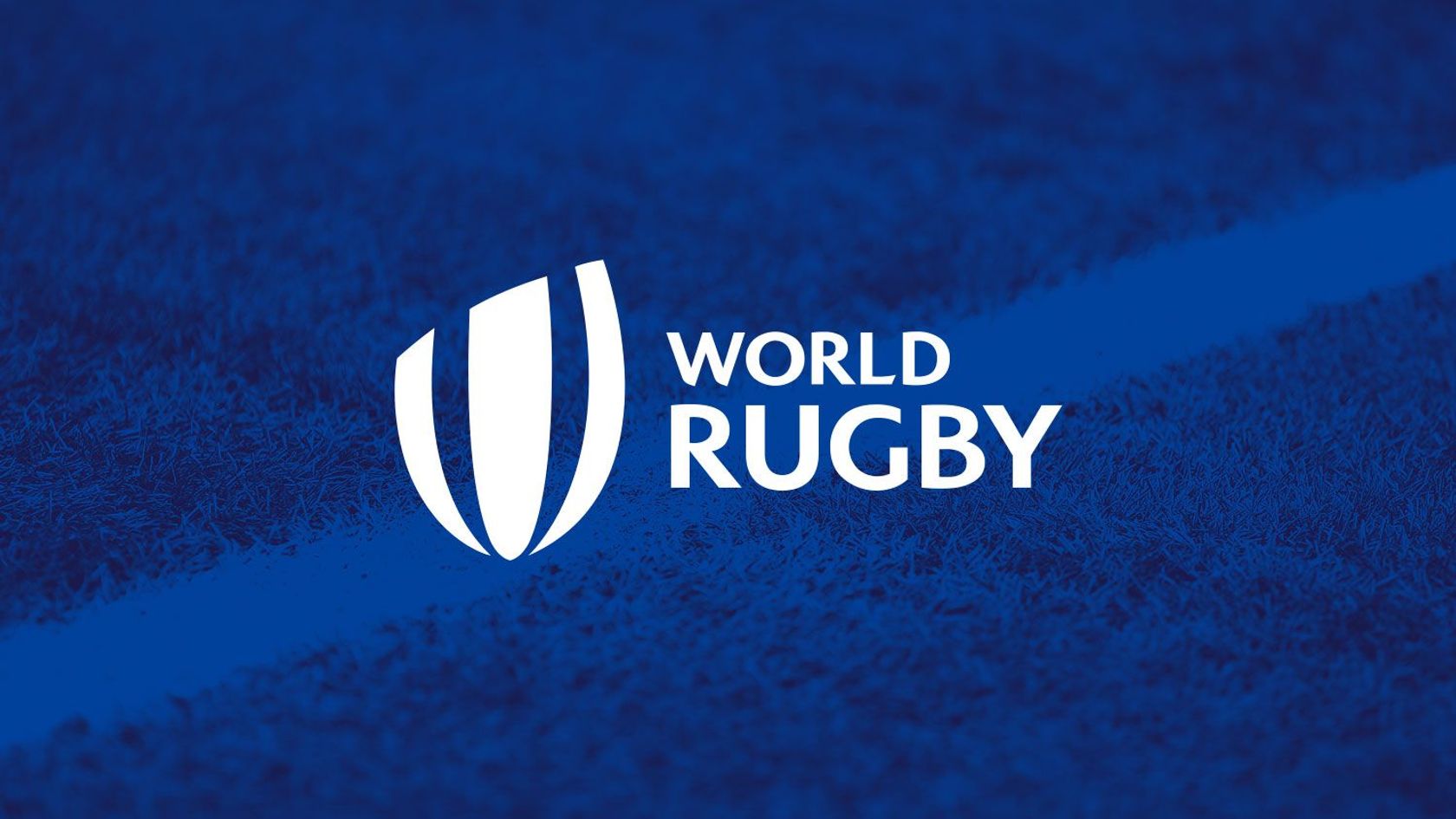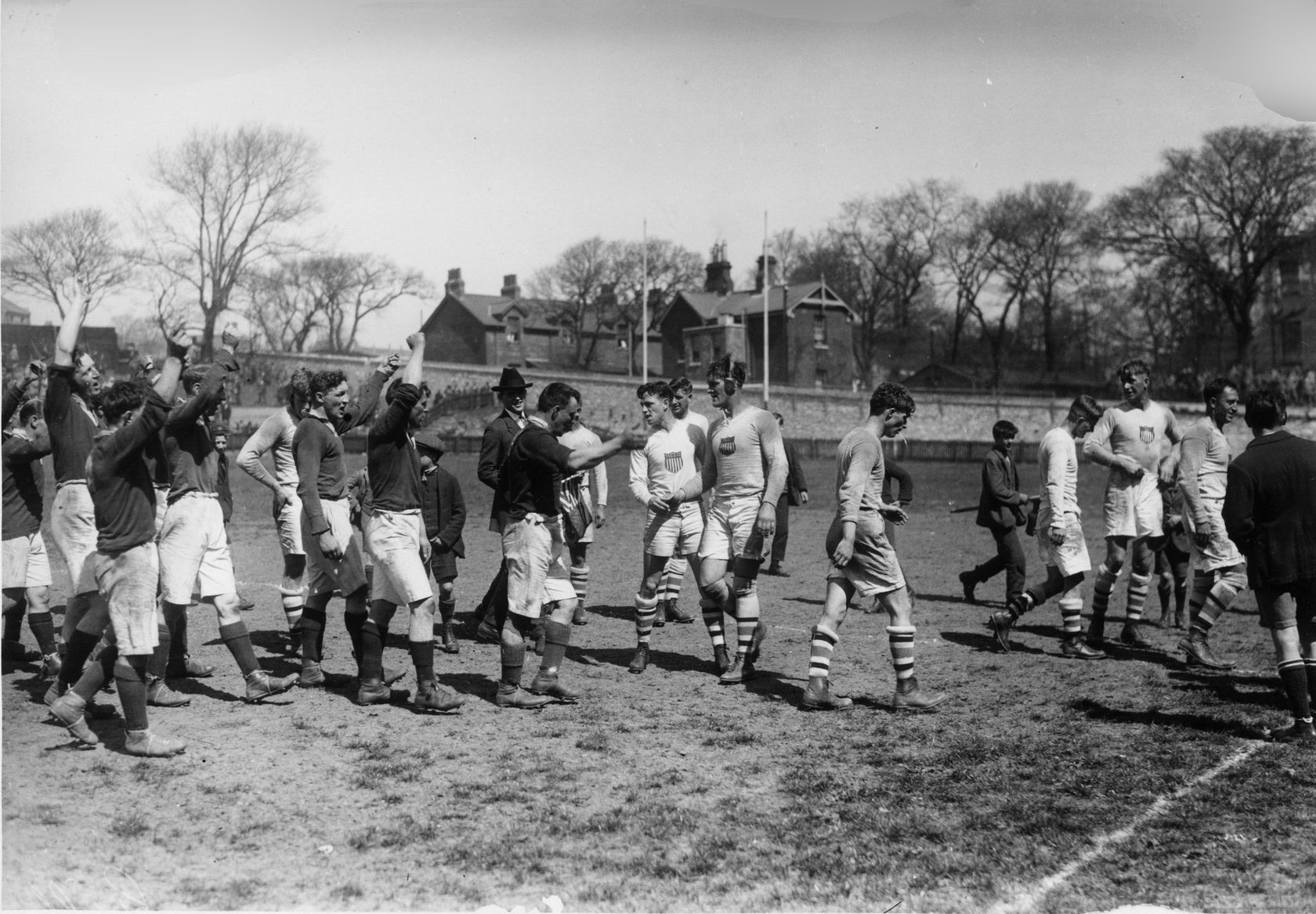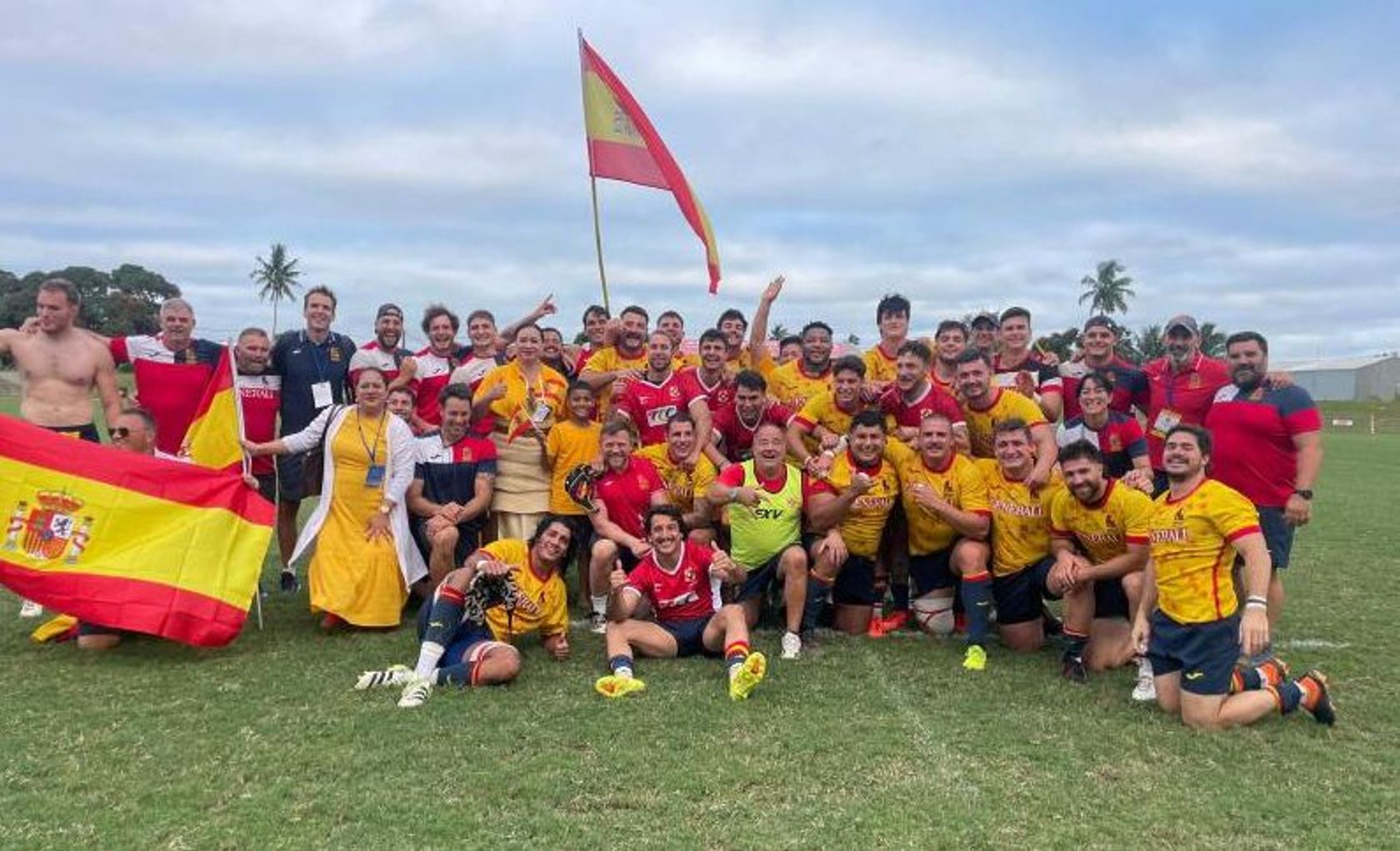Latest
-
![]()
Olympic Games Sevens stars set for golden farewell at Paris 2024?
We preview all the action as the world’s best teams prepare for the start of the women’s sevens tournament at the Olympic Games Paris 2024 at Stade de France.
-
![]()
Regional focus: Africa Changing of the guard in Rugby Africa Men's Cup
For the first time since 2013, there will be a new name on the Rugby Africa Men's Cup after six-time defending champions Namibia were beaten in the semi-finals.
-
Rugby Sevens Olympic rugby sevens semi-finals decided and record attendance smashed amid euphoric scenes
The Olympic Games Paris 2024 men’s rugby sevens semi-final line-up was completed following a pulsating day that saw a record 130,000 spectators create an incredible atmosphere inside Stade de France
-
![]()
Olympic Games Olympic Games Paris 2024: Men's semi-finalists locked in on thrilling night of rugby
Fiji given a major scare, South Africa spring a shock, France come good, and Australia ease into the medal semi-finals on a dramatic evening at Stade de France.
-
Olympic Games Olympic Games Paris 2024: Baker sets new men's try record as quarter-final places are confirmed
Four-try Perry Baker becomes the first player in the men's competition to score four in an Olympic rugby sevens match, as USA, France and South Africa filled the three remaining quarter-final places on day two at Stade de France.
-
![]()
Olympic Games Olympic Games Paris 2024: Defending champions Fiji lay down early marker
Fiji ran in 12 tries in two matches to finish day one of the men's rugby sevens competition at the top of Pool C, while New Zealand, Ireland, Argentina, and Australia enjoy perfect starts to their Olympic campaigns.
-
![]()
Rugby Sevens Record crowd as rugby sevens gets Olympic Games Paris 2024 off to a flying start
The first day of the Olympic Games Paris 2024 men’s rugby sevens competition saw scintillating sport, an electric atmosphere and a record breaking crowd at Stade de France
-
Olympic Games France target golden start at Paris 2024
Ahead of the opening day of the men’s sevens tournament at the Olympic Games Paris 2024, we preview all the action from the Stade de France.
-
Rugby Sevens Rugby sevens set to kick-off Olympic Games Paris 2024 in style
Rugby sevens is set to come of age on the Olympic stage when the sport has the honour of kicking off the Olympic Games Paris 2024 in front of a capacity crowd of 69,000 fans at Stade de France on Wednesday.
-
![]()
Disciplinary Independent disciplinary update: Filipo Daugunu (Australia)
Australia’s Filipo Daugunu has been suspended for two matches (subject to the completion of World Rugby's Coaching Intervention Programme) for a red card offence contrary to Law 9.11 (players must not do anything reckless or dangerous).
-
![]()
Disciplinary Independent disciplinary update: Andre Esterhuizen (South Africa)
Andre Esterhuizen has been suspended for three matches (subject to completing the World Rugby Coaching Intervention Programme) for a red card offence contrary to Law 9.13 (dangerous tackle) in South Africa's international match against Portugal in Bloemfontein on 20 July, 2024.
-
![]()
Media release Independent disciplinary update: Filipo Daugunu (Australia)
Australia’s Filipo Daugunu will appear (remotely) before an independent Judicial Committee following the red card he received for an act of foul play contrary to Law 9.13 (dangerous tackle) in Australia’s test match against Georgia on Saturday, 20 July. The hearing will take place Tuesday, 23 July.
-
![]()
Media release Independent disciplinary update: Andre Esterhuizen (South Africa)
South Africa’s Andre Esterhuizen will appear (remotely) before an independent Judicial Committee following the red card he received for an act of foul play contrary to Law 9.13 (dangerous tackle) in South Africa’s test match against Portugal on Saturday, 20 July. The hearing will take place Tuesday, 23 July.
-
![]()
Olympic Games Paris 1924: Golden USA upset France to create history
It is 100 years since a squad made up almost exclusively of Californian students stunned hosts France to claim back-to-back Olympic titles and cement their place in the World Rugby Hall of Fame.
-
![]()
World Rankings Spain climb World Rugby Men's Rankings after historic win
We run through all the changes in the rankings after another busy weekend of test rugby around the globe, including gains for Los Leones, Hong Kong China and Algeria.
-
![]()
U20 Championship World Rugby U20 Championship: England end eight-year wait for title
England end France's quest for a record-equalling fourth consecutive U20 Championship title with a hard-fought 21-13 win in the final match of the tournament. Earlier, Spain relegated Fiji to the World Rugby U20 Trophy.
-
![]()
Disciplinary World Rugby U20 Trophy disciplinary update: Daniel Bett (Kenya)
Kenya centre Daniel Bett has received a two-match sanction for a lifting tackle in their seventh place play-off against Hong Kong China at the World Rugby U20 Trophy on 17 July, 2024.
-
![]()
U20 Trophy Scotland crowned World Rugby U20 Trophy 2024 champions
Scotland secured promotion to the World Rugby U20 Championship 2025 after beating USA 48-10 in the final at Hive Stadium in Edinburgh, as Japan, the Netherlands and Hong Kong China ended on a winning note to finish third, fifth and seventh respectively.
-
![]()
Women in Rugby Fixtures confirmed for second edition of WXV
World Rugby has today unveiled the pools and action-packed match schedule for WXV, the highly anticipated return of the women’s 15s competition which promises thrilling encounters across all three levels in Vancouver, South Africa and Dubai with the final six Women’s Rugby World Cup 2025 places up for grabs.
-
![]()
Disciplinary Independent Disciplinary Committee update: Naoto Saito (Japan)
Japan’s Naoto Saito attended an independent Disciplinary Committee hearing having been cited for an offence contrary to Law 9.11 (a player must not do anything that is reckless or dangerous) in their match with Georgia on 13 July. The player was suspended for two matches subject to the successful completion of the Coaching Intervention Programme.




